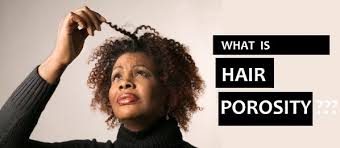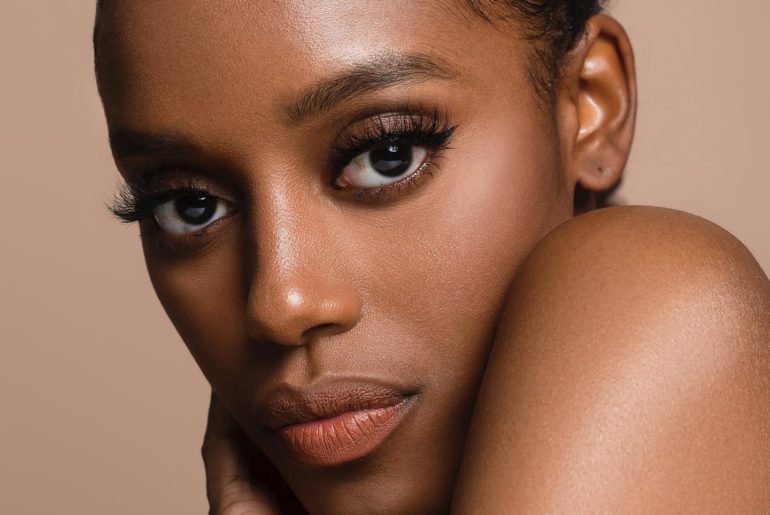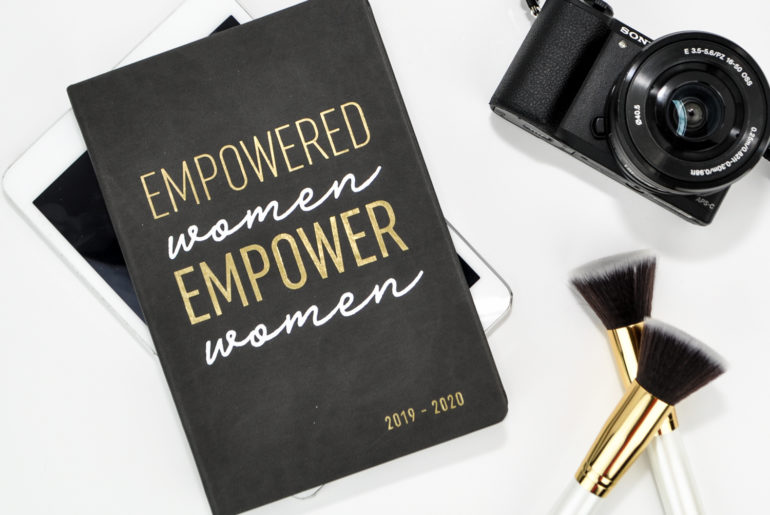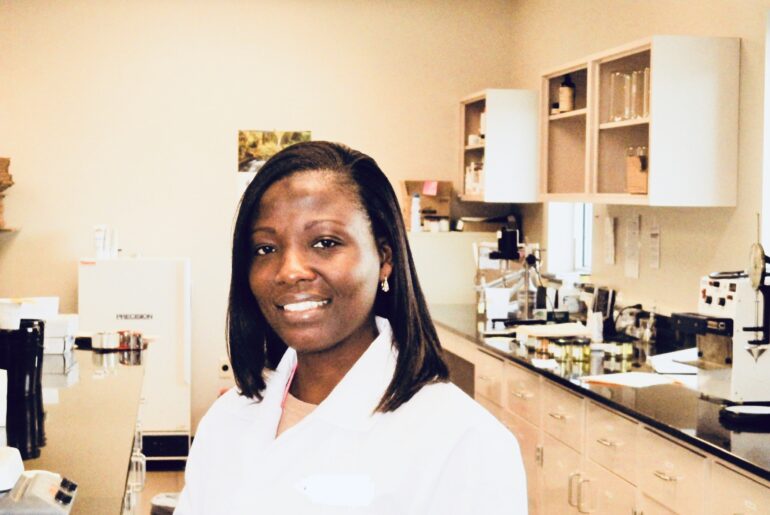The importance of porosity when it comes to natural hair care
I often get asked what hair porosity is and whether it really matters. The bottom line: Porosity – the rate at which hair can absorb water – is important for any texture and type of hair because it directly impacts moisturization, which is vital to maintaining healthy hair.”
Porosity refers to how well your hair is able to absorb and hold moisture. It is affected by the flexible outer hair layer called the cuticle, which determines how easily moisture and oils pass in and out of your hair. For most, porosity is genetic, but it can also be affected by external factors such as exposure, heat treatments and chemical processing. Knowing your hair’s porosity can help you choose the right products to keep your hair well-moisturized, supple, strong and shiny.
DETERMINING HAIR POROSITY
There are two methods you can use to find out how porous your hair is.
The Float Test: To determine where your strands fall on the porosity meter, conduct a float test. Place a few clean strands of hair on top of room temperature water in a clear glass, making sure they aren’t overlapping or touching the edge. Let them sit for 2-4 minutes. If your hair floats, you have low porosity. If it sinks, you have high porosity.
The Slip’n’Slide Test: Take a strand of hair and slide your fingers up the shaft (toward the scalp). If you feel little bumps along the way, this means that your cuticle is lifted and that you have high porosity. If your fingers slip smoothly, then you have low porosity hair.
Low porosity hair
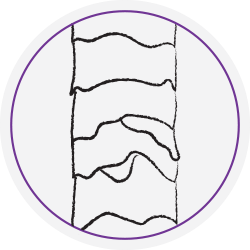
Less-porous hair is compact, and the shaft has very few damaged areas, so hair is typically shinier and more easily detangled. ‘Another great thing about less-porous hair is that once water is absorbed into the hair shaft, it retains the moisture for a long time. However this also means it takes longer for the hair to dry.
The trick with this type of hair is opening the cuticle to infuse as much moisture as possible. Incorporating a steamer during the conditioning process helps diffuse moisture in between the cuticle layers because gaseous water molecules like steam are smaller than water molecules. Layering water-based and humectant-rich products – those with ingredients like glycerin, honey, propylene glycol and panthenol – can also benefit low-porosity hair.
Choose lighter, liquid-based products such as hair milks that won’t sit on your hair and leave it oily or greasy.
MEDIUM POROSITY
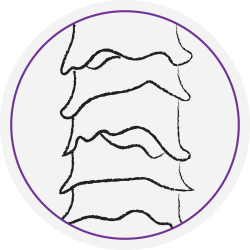
Hair with medium porosity often requires the least amount of maintenance. The cuticle layer is looser, allowing just the right amount of moisture to enter while preventing too much from escaping. Curls tend to be healthy, shiny and voluminous without requiring a ton of product. This hair type doesn’t get fluffy or visibly dried out by the end of the day.
Occasional deep conditioning treatments with protein conditioners can benefit medium porosity hair, but proteins should not be included in your daily regimen.
High porosity hair
A good conditioner is essential for those in this category because conditioners contain cationic – positively charged ingredients that bind to the negatively charged damaged areas of the cuticle and add moisture. You should also incorporate penetrating oils such as avocado oil, olive oil or coconut oil.
HIGH POROSITY
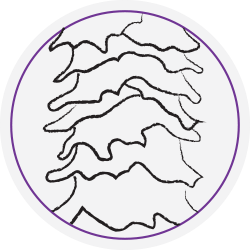
High porosity can be either an inherent property of hair or the result of damage from chemical processing, rough treatment or environmental damage. High porosity hair has gaps and holes in the cuticles, which let too much moisture into your hair and leave it prone to frizz and tangling. Even simple acts such as bathing, swimming and shampooing can create more damage and breakage due to the sheer amount of moisture highly porous hair can absorb.
Be sure to use anti-humectants in climates with high heat and humidity. This will help seal your damaged cuticles and prevent them from absorbing excess moisture in the air.
Because highly porous hair can also lose moisture easily, it’s important to use leave-in conditioners, moisturizers and sealers. Layering these products will help your hair hold on to the moisture you’re giving it. You can even follow up with a heavy hair butter to help fill the gaps in your damaged cuticles and further protect your hair from losing too much moisture.

